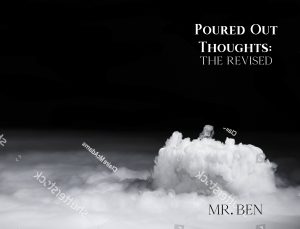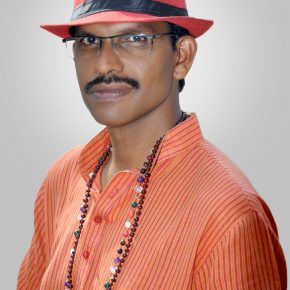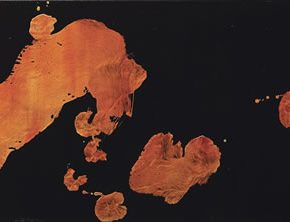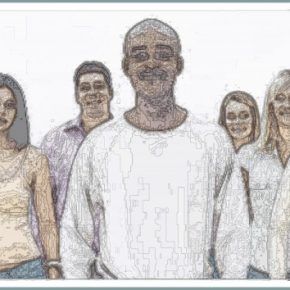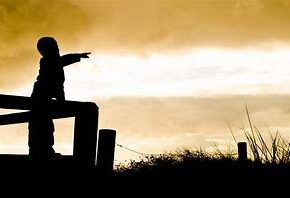Please read the first installment of Ihekuna’s drama here and the next here.
We’re serializing this play one scene per issue.
In Greg’s Room…
It is three days to resumption. Greg, the only one in the house, is pacing back and forth his room, thinking becausehe has just completely read through the last chapter of the 150-page ‘Find Your Way Back’. He then forces himself to lie on the ten-inch-thick bed. But restlessness can’t make Greg take a nap after hours of preparation for school. Greg has his clothes properly placed in his medium-sized traveling bag. It is a tasking situation for the eighteen-year-old, having to select the clothes—from a variety of clothes in his white cupboard—he will be wearing throughout the duration of the session.
Meanwhile, Greg’s radio player, placed on a small white table, with a simple standing fan by the side for some cooling effect, is listening to a program on 88.1 Flash FM. The Program aired is: Return To Your Calling. Greg’s restlessness soon turns to comportment:
Hello, I’m XYZ, your anchor woman for today’s program. Listeners at home, school, work and some other places, how are you doing? Hope you’re enjoying your day? I am enjoying mine…
You’re unto 88.1 Flash FM …the station that has your interest at heart!
Today, the program, Return To Your Calling is a second-chance, never-too-late and decide-for-yourself interest dedicated to those who, by virtue of forced conditions and misplaced priorities, have ventured in various endeavours that they shouldn’t have been.

